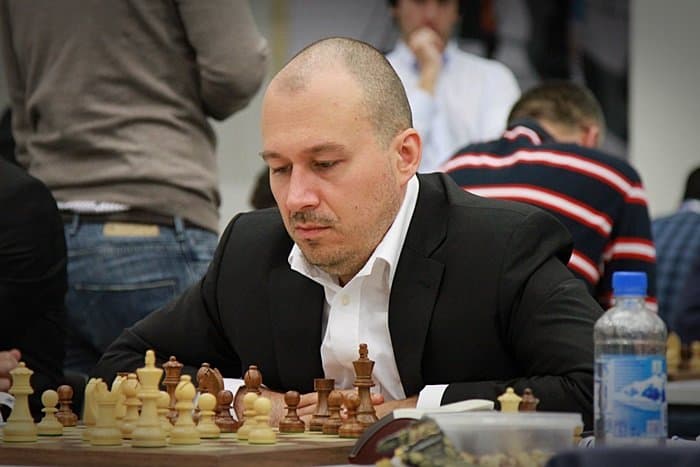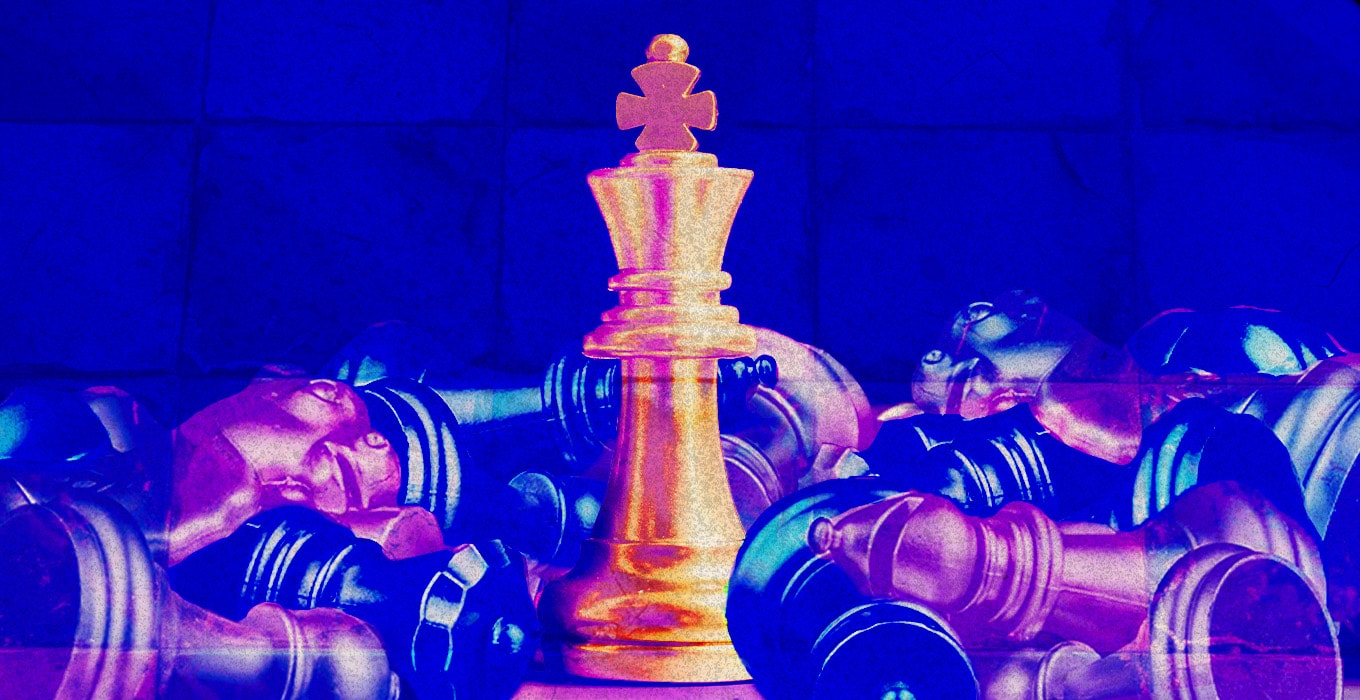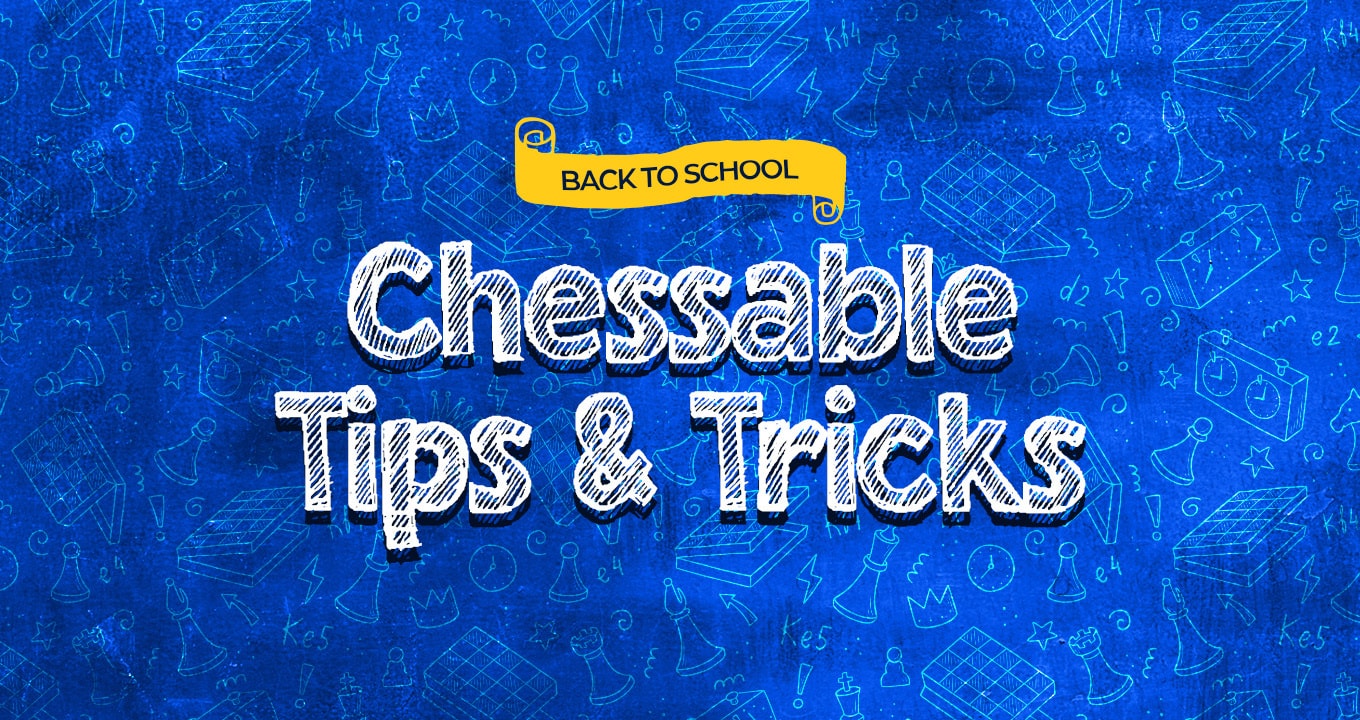How can one balance the respective arts of coaching and playing chess? This question is becoming increasingly relevant as the demand for online coaching grows.
Today we have a guest post by Grandmaster Alex Colovic (who was, incidentally, the subject of last week’s interview) on the subject and I am sure you will find his thoughts on the subject extremely interesting.
Over to Alex…
Coaching and Playing
Is it possible to coach regularly and remain a successful player at the same time? While it depends on the level of play we are talking about, I’d say that for a higher level the answer should be no.
There are several reasons for this. The obvious one is the time. The time dedicated to coaching others is not dedicated to improving one’s own game. Normally once the amount of work decreases the level of play also drops. As years go by for the player more and more work is required to just maintain the same level, let alone improve.
The second reason is energy. The energy the player put into himself is now dispersed outwards. Chess is a high-energy game and every bit of it counts.
But there is another reason that I think is more important than the time and energy. It is the psychological difference between a good coach and a good player.
A good player needs to be an egoist, concentrated on himself, thinking only of himself, how to improve, how to train, how to win. This sometimes extends outside the chess board – we have a lot of good players who do not like socialising that much.
A good coach needs the contrary – he needs to think in the interest of his student. What is best for him, how to improve him, how to talk to him, how to lift him up when he’s down after a loss. He needs to be able to communicate well so that his ideas are not “lost in translation.”
Can a Player Adapt?
Once a good player wants to become a good coach there is an inevitable break in the psyche of the player – he needs to adapt, to change his long-established habits and start behaving in a completely different way. This is very hard and one of the reasons why so many good players do not make good coaches.
From experience I found that the biggest difficulty for me was to actually “switch back” – after periods of coaching, when the above-mentioned habits are in constant use, when time comes for me to play I realise that the old mental set-up of the player is more difficult to recall. It does kick back in after a while, but it’s not as automatic as before, it requires a conscious effort to do so.
Deeper Understanding
I cannot say that I have become less successful after I started coaching for the simple reason that I wasn’t very successful before that! But I can say that I have become a better player – again, not in terms of results, as I play rarely, but in terms of chess understanding. I now know much more than before and coaching has helped. When helping students understand something you have to explain it clearly and clarity leads to improvement.
I understand that with every player-became-coach is different, but in my case things didn’t turn out that badly.
All very interesting! Thank you, Grandmaster Alex Colovic.
Another guest post will follow next week.
Meanwhile, why not take a look at the range of courses Alex has made for Chessable?








